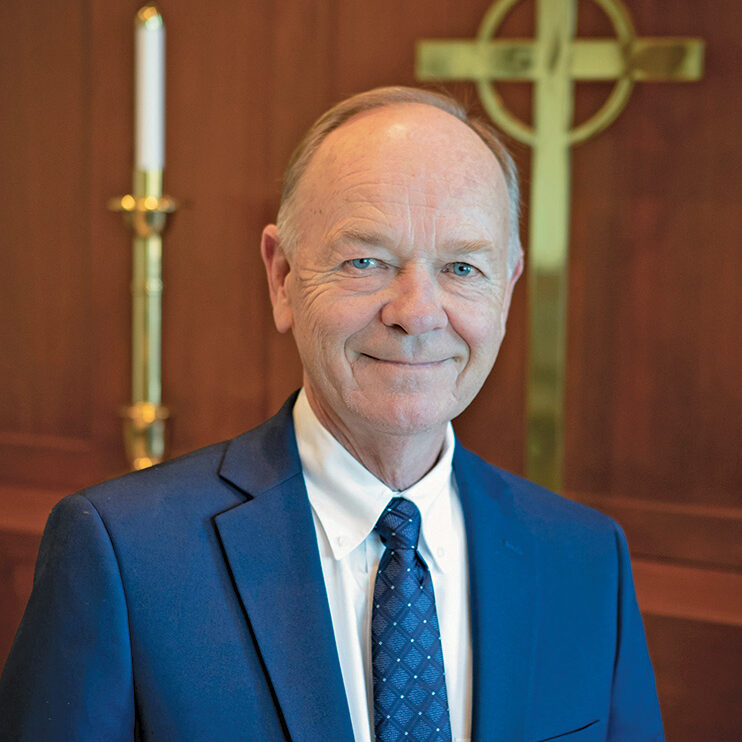 |
Six billion, 450 million. That’s not the world’s population. That’s how many results you get if you Google the word leadership.
What exactly does it take to be a good leader? People often will answer that question by listing the characteristics that leaders possess or describing things that leaders do to influence people and events.
Christian leadership, Lutheran leadership, is fundamentally different. A biblical definition of Christian leadership looks outside of the leader. More than anything else, Christian leaders are people who are led—led to the cross; led by the Word; led, no matter what the circumstances, to trust in the grace and promises of God.
Normally, we might expect leaders to have all the answers—to have it all figured out.
The apostle Paul, perhaps the greatest Christian leader, knew better. Here he was, called by Jesus himself to be an apostle to the Gentiles, ready to proclaim the saving gospel. But there was that thorn that was given him—a nagging problem that seemed a barrier to his work.
That wasn’t all. Look at his first missionary journey. In Antioch of Pisidia, people received his preaching with great enthusiasm. People were coming to faith in Jesus in great numbers. They begged for more. But then opponents forced Paul to leave the city.
On his second missionary journey, in Galatia, Paul eagerly made his plans to go further with the gospel. But God’s plans were different from Paul’s. The Holy Spirit prevented them, and the mission team had to change plans. Paul must have been perplexed and confused.
But perplexed as this Christian leader often was, he wrote, “We are . . . perplexed, but not in despair” (2 Corinthians 4:8). Why didn’t he despair? Because every time he was confused or perplexed, he remembered the answer that God gave him when he asked for his thorn to be taken away: “My grace is sufficient for you, for my power is made perfect in weakness” (2 Corinthians 12:9).
Paul, the Christian leader, learned to be led—to be led to trust in the grace and promises of God. Because of that, Paul could say, “I delight in weaknesses” (v. 10). He wasn’t delighted that he had weaknesses. Rather, he was delighted because God’s grace used those weaknesses to remind him where strength really was—not in his own wisdom or skill, but in the power and promises of the Savior God. And when Paul looked to God for strength, he would then see God doing his work, making his kingdom grow in ways that Paul had never imagined or planned.
That’s important to remember when we experience thorns in our work as a synod, in our congregation, or in our personal lives. Our best efforts sometimes fall woefully short, and our best-laid plans fail. When we become perplexed and confused, we may ask, “Why?” We may pray fervently for those thorns to be removed. But like Paul, we need never despair. We see and hear God answering our prayers by saying, “My grace is sufficient for you, for my power is made perfect in weakness.”
Pray for Christian leaders—and pray to be leaders—who are led. Led to the cross. Led by God’s Word. Led to trust the promises of God.
In January, eight hundred WELS pastors, teachers, and laypeople attended the first WELS National Conference on Lutheran Leadership. Learn more at lutheranleadership.com.
Author: Mark Schroeder
Volume 107, Number 04
Issue: April 2020
- A laudable goal . . . with some questions
- Faithfully serving you
- President’s message: What kind of leaders?
- God is still building his church
- The mission of WELS schools






